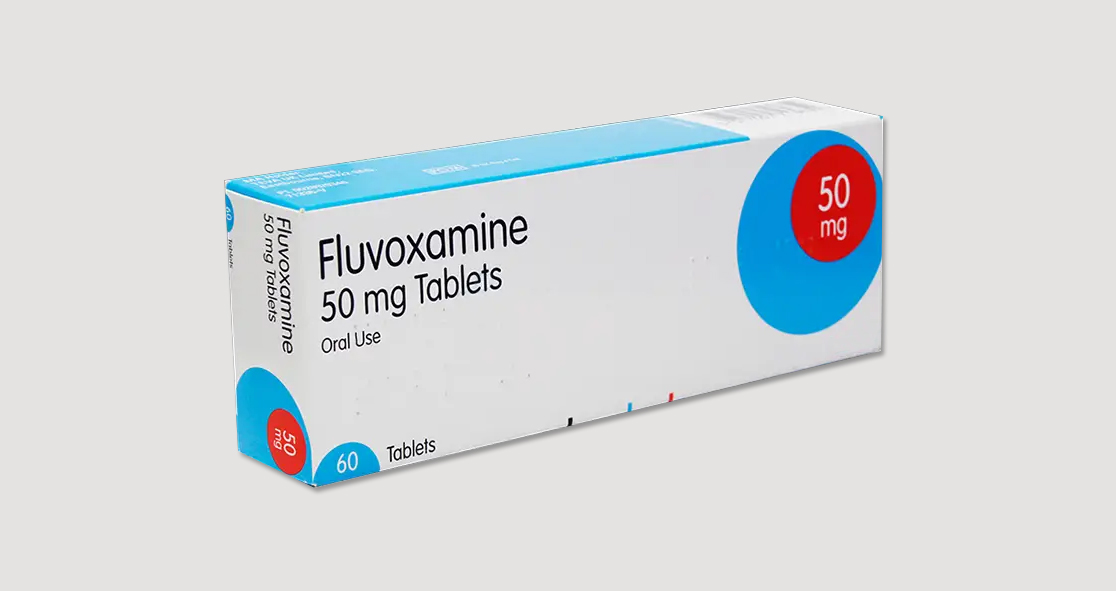The U.S. Food and Drug Administration (FDA) has recently issued a new alert about fluvoxamine, a popular antidepressant, warning consumers that it is not approved for one thing in particular.
On May 16, the agency announced that it would not be approving the medicine fluvoxamine for the treatment of COVID-19.
A group of medical providers led by Dr. David Boulware of the University of Minnesota submitted a proposal in December 2021, requesting the FDA to approve fluvoxamine for adult patients with SARS-CoV-2, the virus that causes COVID-19, to prevent progression to severe illness and/or hospitalization.
The group provides information from clinical trials investigating the use of the drug for COVID treatment.
A scientific review staff of the FDA assessed the information and said in a 27-page alert that the panel has chosen not to issue the requested Emergency Use Authorization (EUA) of fluvoxamine for COVID-19 treatment.
Fluvoxamine is a selective serotonin reuptake inhibitor (SSRI), a type of antidepressant that is commonly advised to patients with obsessive-compulsive disorder (OCD).
The FDA has approved the drugs for the treatment of OCD, depression, anxiety, and other mood disorders. However, in the new alert, the agency said that the drug is ineffective in treating COVID-19 infections.
The FDA wrote, “Based on the review of available scientific evidence, the FDA has determined that the data are insufficient to conclude that fluvoxamine may be effective in the treatment of nonhospitalized patients with COVID-19 to prevent progression to severe disease and/or hospitalization.”
Dr. Boulware expressed his disappointment on Twitter. He tweeted Monday that he was “disappointed” with the agency’s decision to decline the proposal.
The FDA has been busy approving other COVID-19 treatments, including Pfizer’s Paxlovid and Merck’s molnupiravir. However, Dr. Boulware said there is still value in the FDA approving other popular medicines, including fluvoxamine, for the treatment of COVID-19.
Dr. Boulware told Reuters, “There are effective therapeutics that are available. But not everyone has access to them. Not everyone can tolerate them. Some people have contraindications. And if you go elsewhere in the world, low- and middle-income countries, they have access to no therapeutics.” The story appeared on Best Life, a news outlet.























